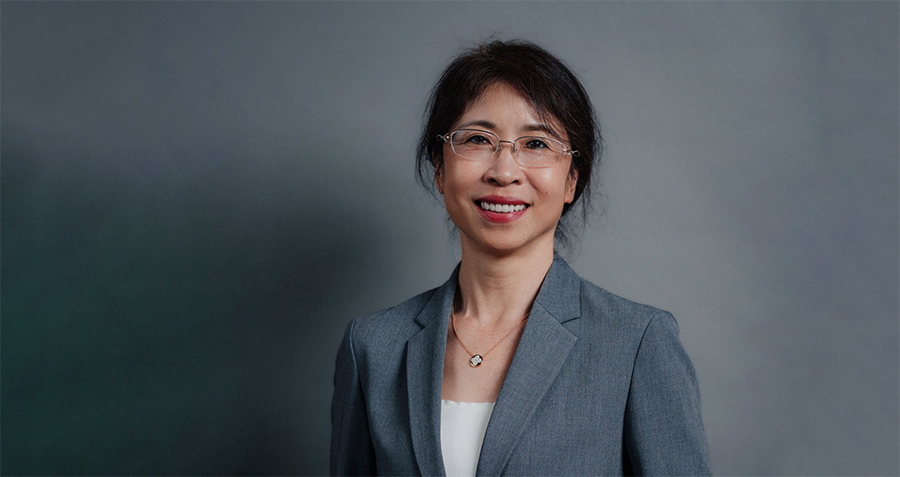Weihua Wang is the founder of the social tech start-up myBuddy and winner of the 2022 Young Leader Award – a prize sponsored by Cheung Kong Graduate School of Business, Red Club X Cartier, and ESCP Business School. Upon receiving the award Weihua was offered the opportunity to enrol in CKGSB’s Cutting-edge Insights from China Program.
Launched in 2021, myBuddy is a pioneering German social tech start-up that aims to build bridges across cultures. Its innovative algorithm-driven programs, such as ‘myBuddy Friendship’, pair individuals based on shared interests and cultural differences throughout Germany. Moreover, the company has organized a festival on the United Nations Friendship Day, which will be expanded in 2023 to include a job fair themed “Unlocking the Potential of Visible and Invisible Talent”. This event brings people together from various cultural backgrounds, offers internship opportunities with the federal parliament, and much more.
After attending the Cutting-edge Insights from China program, Weihua took part in one-to-one mentoring sessions with CKGSB Professor of Information Systems, Sun Tianshu. During these sessions Professor Sun offered his expertise and experience working with numerous platform companies in both China and the U.S.
Weihua said, “It was really helpful to listen to his broad experience and analysis on what makes platforms successful, especially in the initial stages with initiatives such as guerrilla marketing strategies.”
Weihua outlined her company goal: “Our vision is to help culturally diverse societies grow together and to connect people with and without a migration background, to unleash their joint potential for the betterment of society and the economy. Migration and globalization trends have mostly been driven by economic factors. However, cultural integration is the real engine of society and we are not doing enough to support it. “
She explained that at the core of her programs is the ‘contact hypothesis’, the idea in social psychology that contact between different groups in society reduces prejudices. “It is a simple concept to understand, but very hard to implement. We mostly move within a certain social and working group and we lack the experience, time, and empathy to understand different perspectives. With social media today you are pushed further into groups that already share your opinions. We believe that increased contact with people who think differently can broaden one’s perspective, increase one’s innovation capabilities, and bring more enriching experiences.”
Weihua added that after moving to Germany from China at a young age, growing up she often struggled with a double identify. Later, she learnt that this could be an advantage in many aspects of life. “Coming from a different background makes you more flexible when you meet people so you don’t get caught up in stereotypes, as well as in a business context where you can come up with new solutions and be more creative. If I can turn this disadvantage into an advantage, why not support society to do the same?” she said.
Weihua shared with CKGSB her experience as a social entrepreneur: “It’s a huge challenge for social businesses and non-profits because they cannot pitch for classical investments, while governments are too slow to put the necessary funding tools in place.”. In addition, in the corporate sector, social enterprises are often considered as entities that do not contribute any real value. So there is still more work to do to drive social innovation forward.”
She concluded by saying that the key to success as a start-up founder is having the belief that your idea will succeed and the courage to put it into action. “Most things you just have to have the leap of faith to start it. Everything else just evolves out of that…if you want to make it work, you can always find a way to make it work.”




















